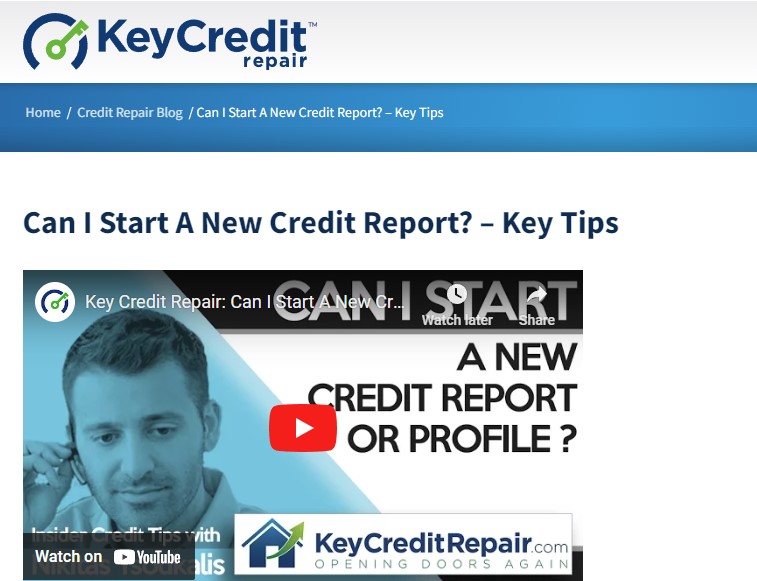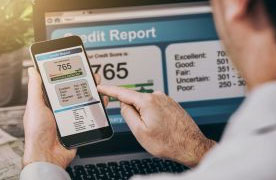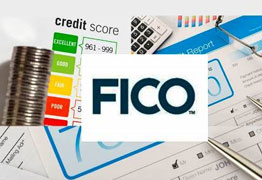Building Credit – New to the USA?
Building Credit:
We’re a far more global and connected world than we ever were before. Many people choose to move overseas to seek out new opportunities and experiences. But, when you move to the U.S., you will find that you arrive without a credit score.
This can sometimes be surprising. Both the UK and Canada have credit scoring systems that are very similar to ours. But, the data doesn’t transfer when you move to a new country. And, in cases of people who move from countries like India, they are moving from a place with almost no credit system to a place where it is a vital part of everyday life. Outside of arriving with a suitcase full of money, what can you do to get this important piece of the puzzle of life in America? How do I build my credit if I’m new to the United States?
The Magic Three
Building Credit – New to the USA?
There are three steps that anyone who needs to build credit can take. By methodically going through the necessary actions, you can create a credit history. This gives you access to everything from credit cards to lower insurance rates to cell phone plans to the dream of home ownership.
Start with a secured credit card. This is a credit card where the credit extended to you is based on a deposit that is held in an account. So, if you deposit $1,000, you will be extended a line of credit that is equal to that. You will probably have to pay a small annual fee and any interest if you allow a balance to stay on the account.
Use it to build credit. Channel some of your regular spending through this card. Don’t overdo it; the proportion of your available credit to your credit balances is part of how your credit score is determined. At any given time, aim to use no more than 30% of the available credit. Pay off the balance every month to avoid interest charges. One of the easiest ways to handle the card is to use it for a recurring cost, such as a gym membership. Then, have the bill paid automatically each month from a connected account.
Consider a personal loan. Lenders like to see different kinds of credit used. An installment loan can show that you can be responsible when it comes to bigger debts that are paid off over time. You may need to seek a secured loan if you do not have much credit history.
It will take time to build up credit history. Pull your credit report and check your scores on a service like CreditKarma to see your progress. With careful use of your credit cards and a little patience, you will soon build up a respectable score that can give you access to many different opportunities.






